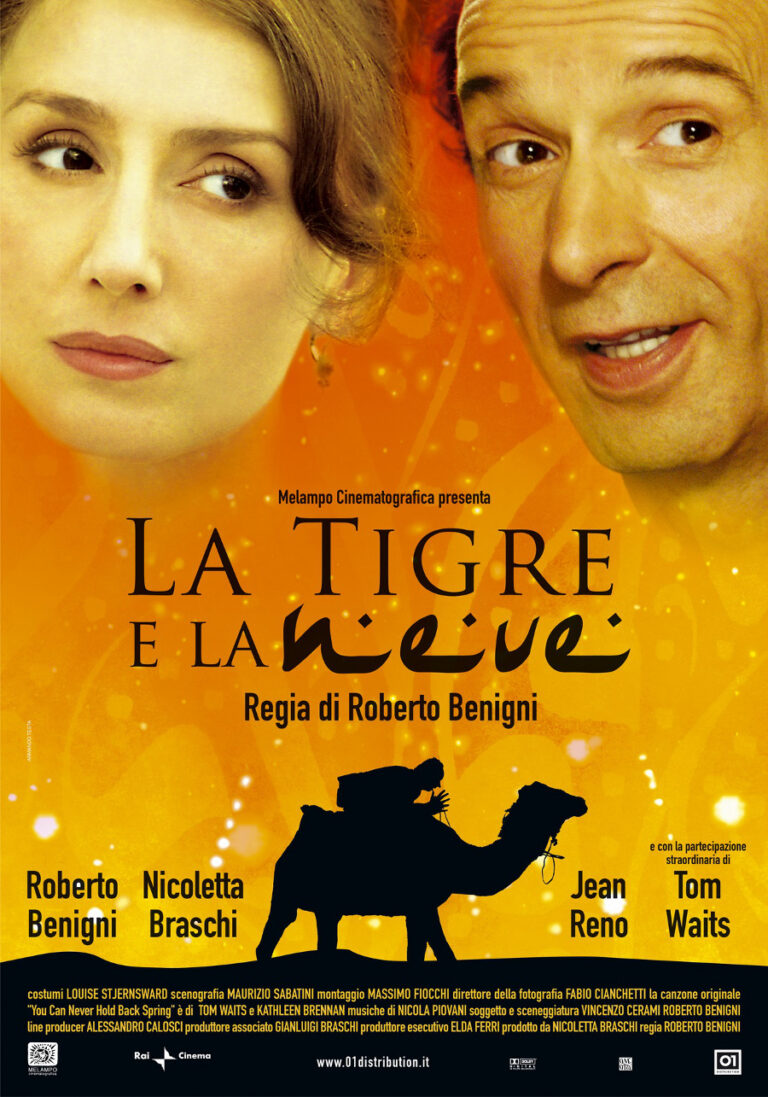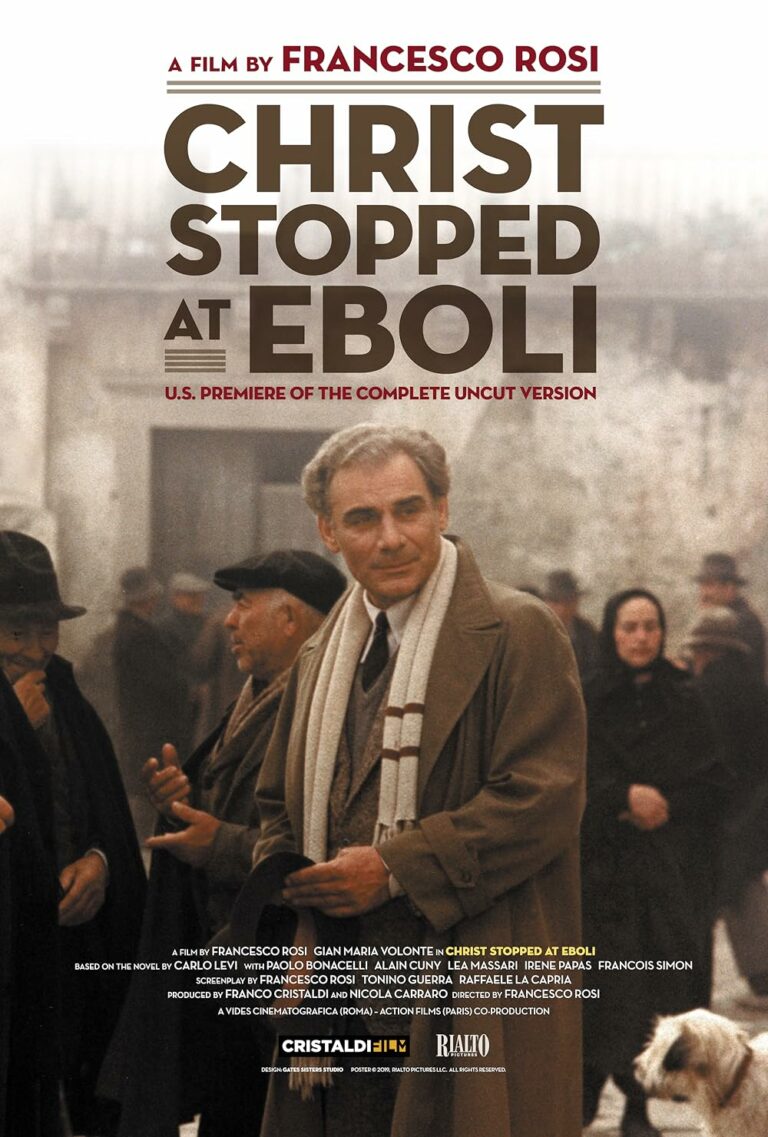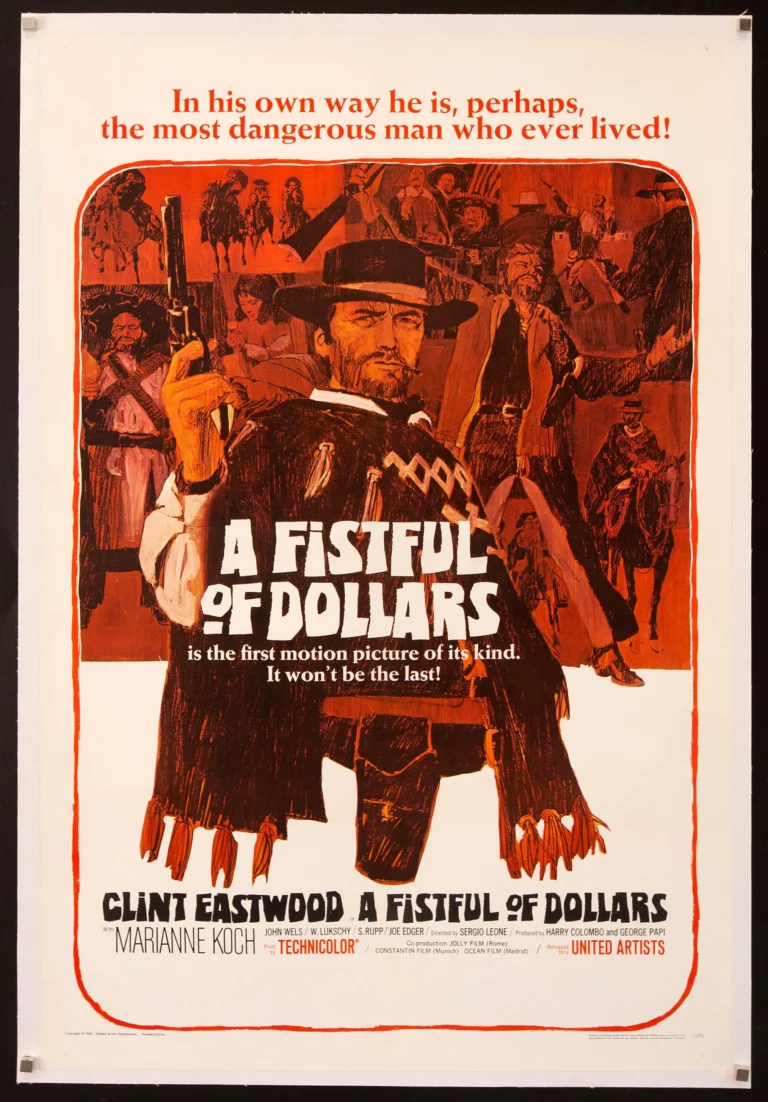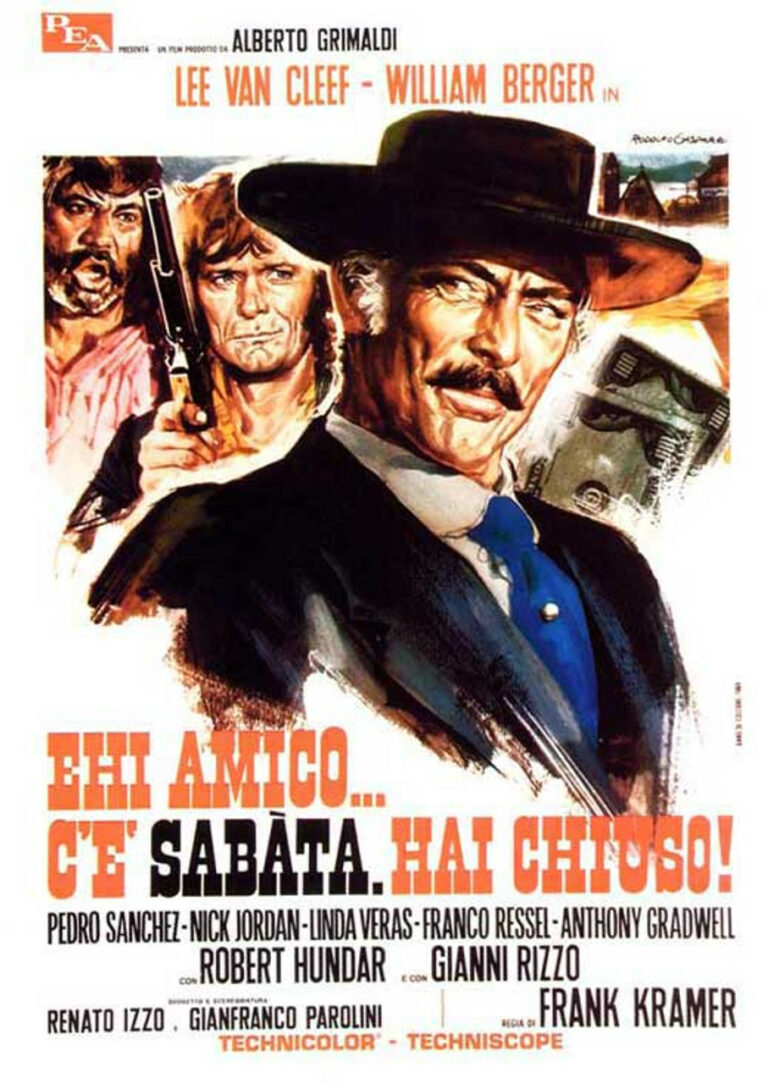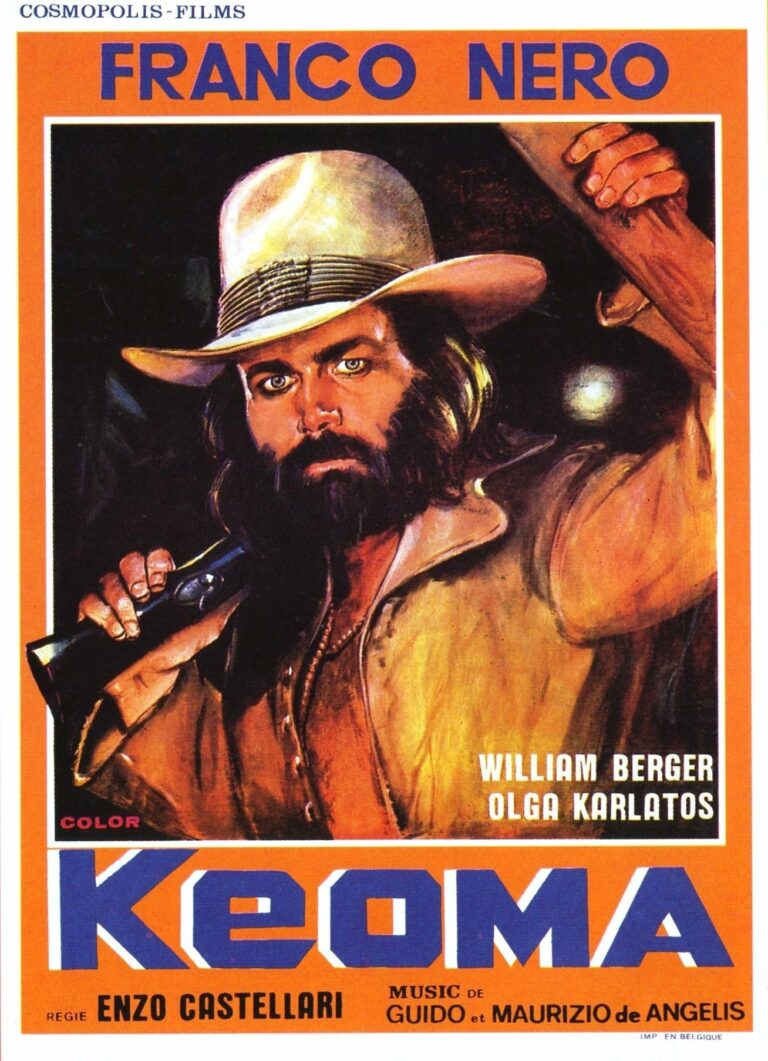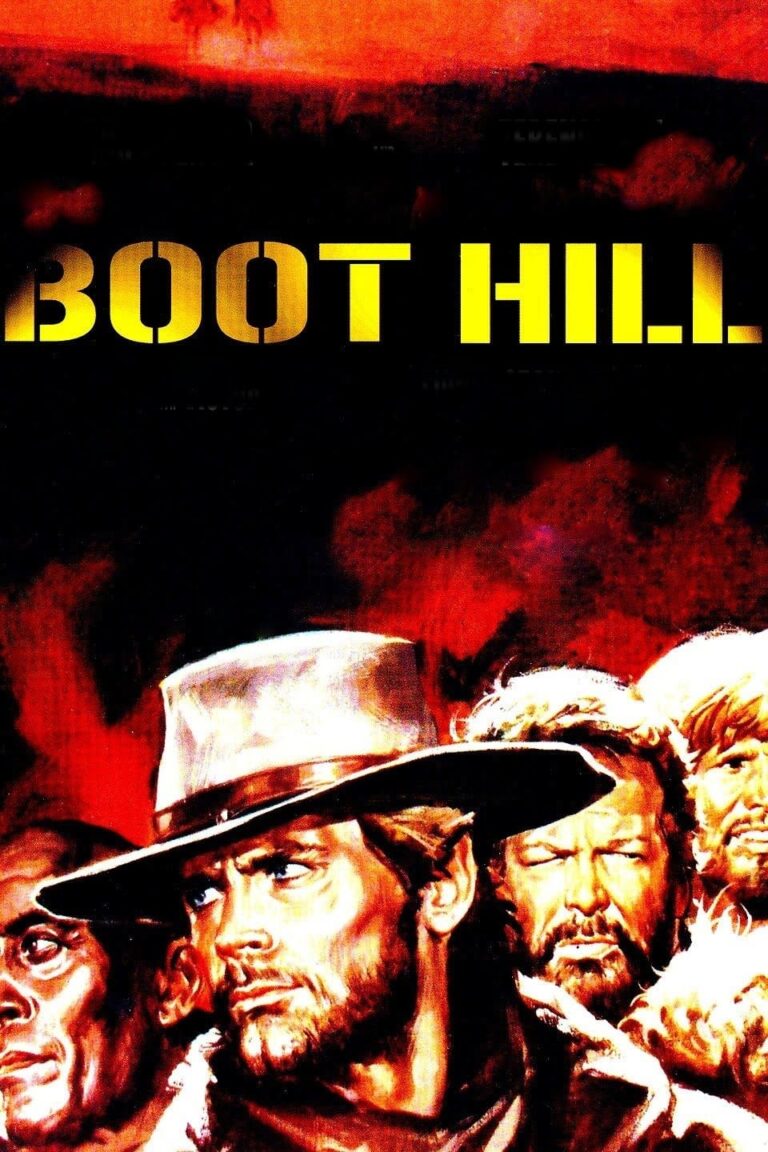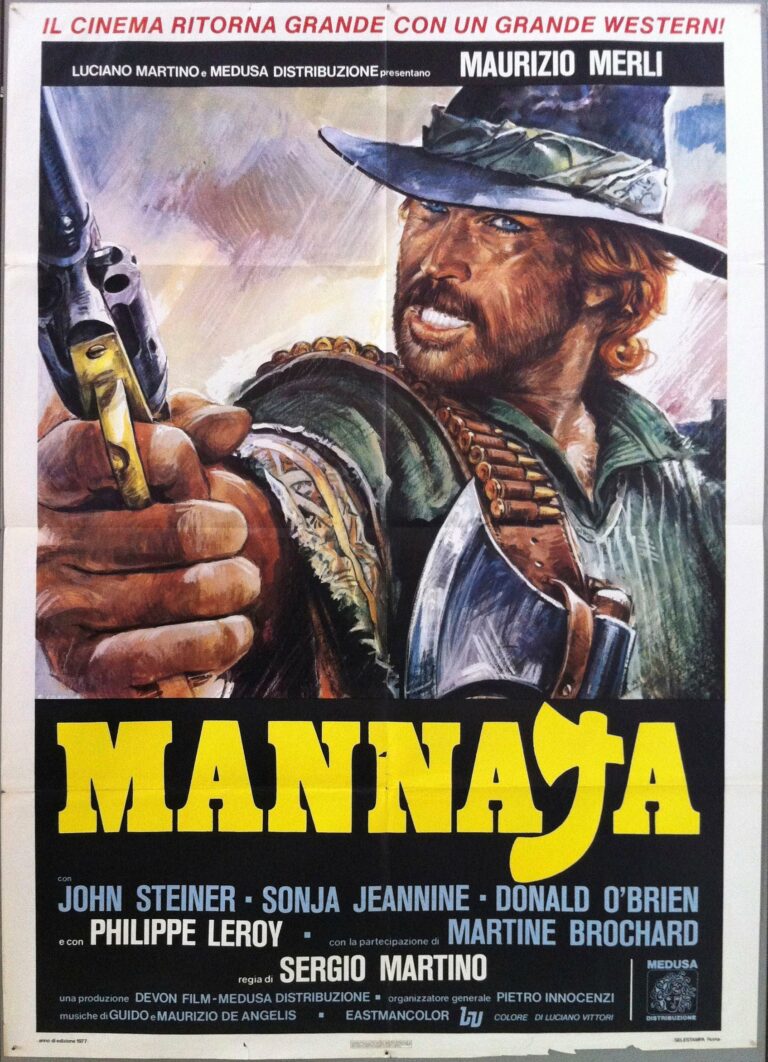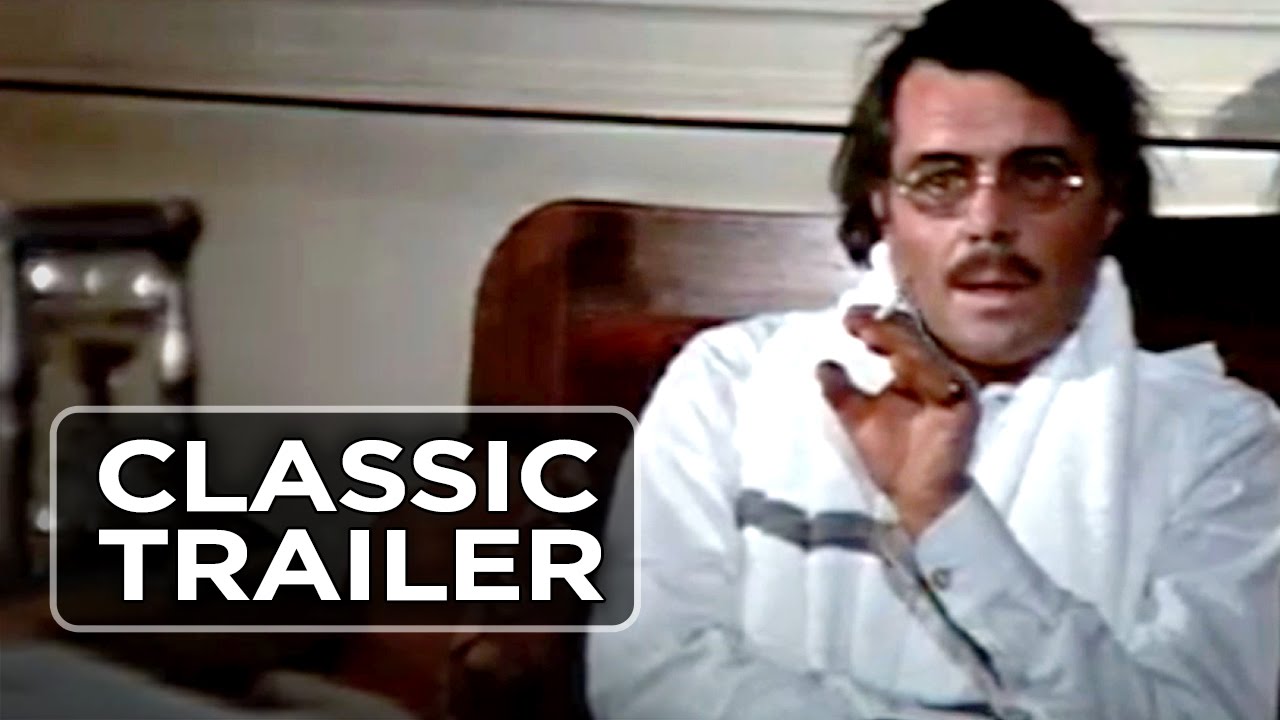
Death in Venice (original Italian title: Morte a Venezia) is a 1971 Italian-French drama film directed by Luchino Visconti and starring Dirk Bogarde and Björn Andrésen. It is based on the novella Death in Venice, first published in 1912 as Der Tod in Venedig by the German author Thomas Mann.
The protagonist, Gustav von Aschenbach, travels to Venice for health reasons. There, he becomes obsessed with the stunning beauty of an adolescent Polish boy named Tadzio who is staying with his family at the same Grand Hôtel des Bains on the Lido as Aschenbach.
While the character Aschenbach in the novella is an author, Visconti changed his profession from writer to composer. This allows the musical score, in particular the Adagietto from the Fifth Symphony by Gustav Mahler, which opens and closes the film, and sections from Mahler’s Third Symphony, to represent Aschenbach’s writing. Apart from this change, the film is relatively faithful to the book, but with added scenes where Aschenbach and a musician friend debate the degraded aesthetics of his music.
While Aschenbach attempts to find peace and quiet, the rest of the city is gripped by a cholera epidemic, and the city authorities do not inform the holiday-makers of the problem for fear that they will leave. As Aschenbach and the other guests make day-trips into the city centre, they begin to realize that something is seriously wrong. Aschenbach decides to leave, but in a moment of impulse decides to stay. However, he himself is dying. Rejuvenated by the presence of Tadzio—though they never actually converse—he visits the barber who, in his words, “returns to you merely what has been lost”, dyeing his grey hair black and whitening his face and reddening his lips to try to make him look younger. As he leaves the barber’s shop the barber exclaims: “And now Sir is ready to fall in love as soon as he pleases”. Aschenbach continues to gaze at Tadzio from afar, the latter more aware that he is being gazed at. In the climactic scene, Aschenbach sees Tadzio being beaten up on the beach by an older boy. When released, Tadzio walks away from him alone towards the horizon. He suddenly turns back to look at Aschenbach, then turns away to face the sun, and stretches his arm out towards it. Aschenbach too, stretches his hand as if to reach Tadzio, and at that very moment—heightened by the crescendo in Mahler’s Adagietto—he dies from the cholera infection. A few people notice him collapsed on his chair and alert the hotel staff. They carry Aschenbach’s body away.
